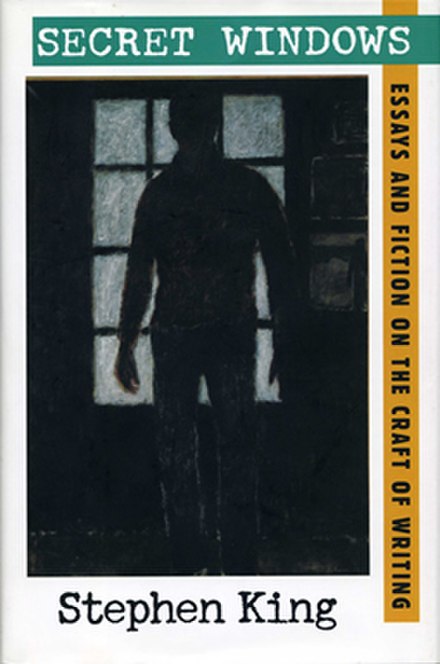What do you think?
Rate this book


433 pages, Hardcover
First published January 1, 2000
I think a lot about our informational overload, And there’s also the fact that there are more of us now than ever before, and as a result a communicable disease can be passed very rapidly, from just the flu bugs, the regular flu bugs that go around. At the time of The Stand I was interested in the fact that the flu virus changes – that’s why you have to keep getting different flu boosters. It comes at you one way, and then it shifts its antigen and comes at you a different way, and your old flu shot doesn’t do any good because this is the new and improved flu.